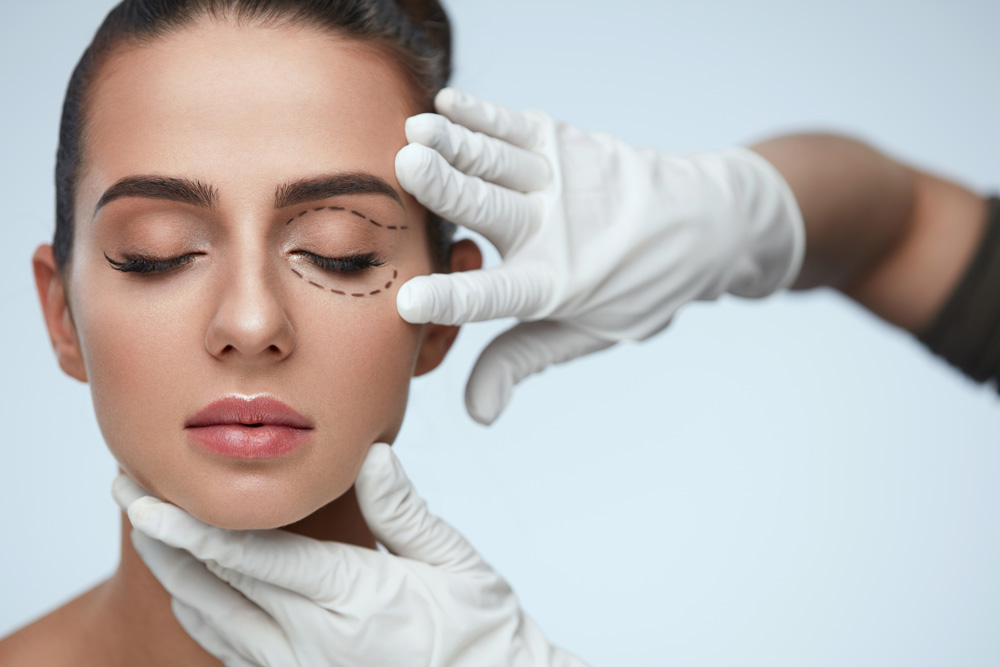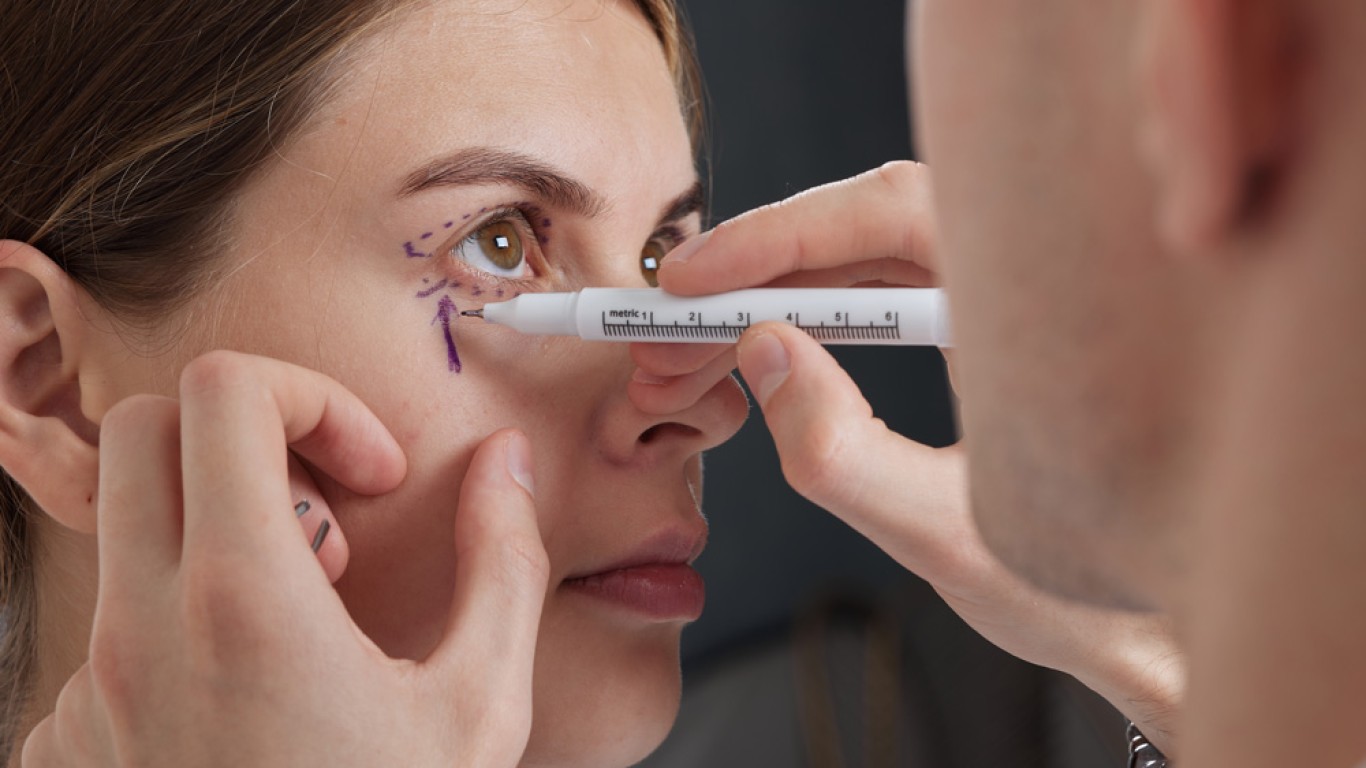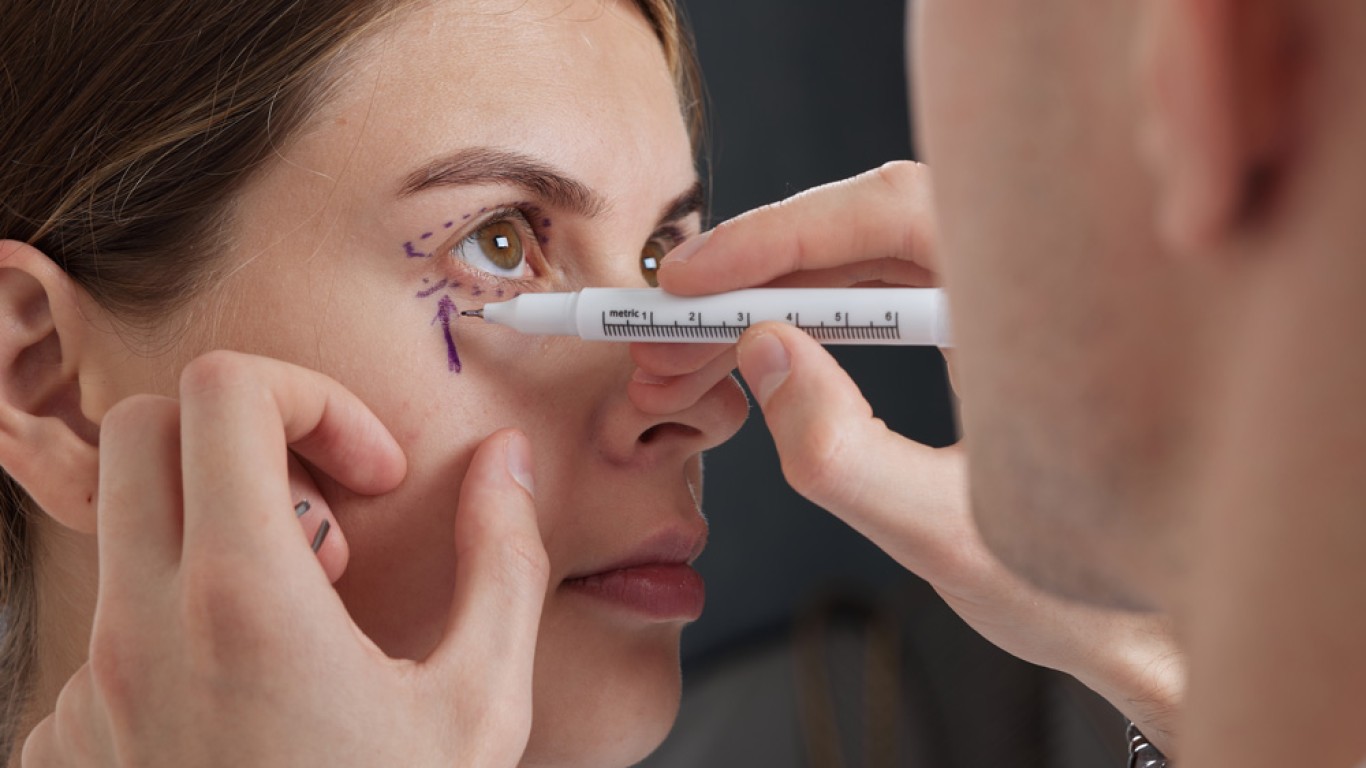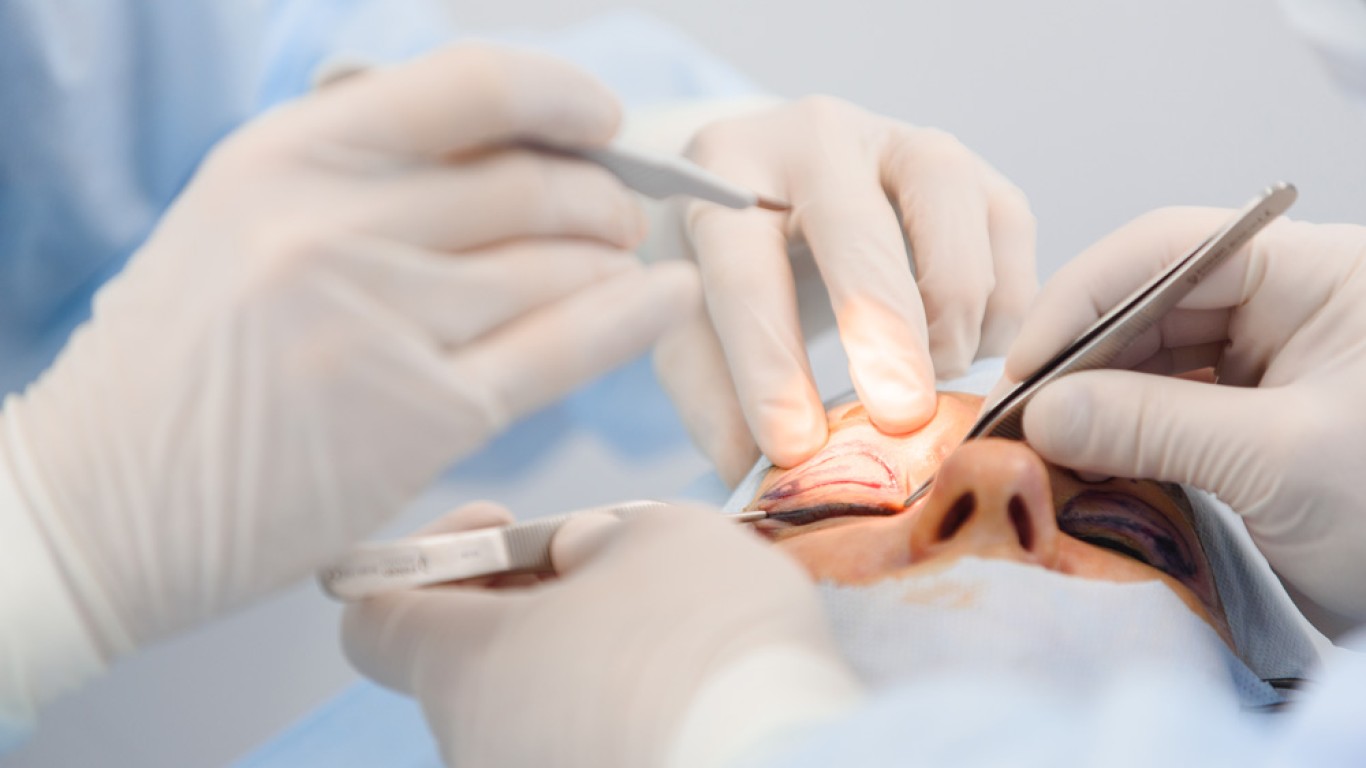Introduction
Eyelid surgery, or blepharoplasty, can refresh your appearance. It lifts droopy lids and smooths wrinkles. Proper preparation is key to long-term blepharoplasty success. Moreover, a good pre-operative plan reduces risks and aids recovery. This guide explains everything you need to know about eyelid surgery preparation. It covers medical evaluations, lifestyle adjustments, and practical tips. Ultimately, you will be well-prepared for a safe and smooth procedure.
Understanding Eyelid Surgery
Eyelid surgery improves both function and looks. Excess skin can block your vision and age your appearance. During blepharoplasty, a surgeon removes extra skin and fat. They also tighten the muscles around the eyes. In short, the goal is to achieve a natural, rejuvenated look. Customisation is important. Every patient’s anatomy is unique, so the procedure is tailored to you. This ensures balanced and satisfying results.
Pre-Operative Medical Evaluation
The journey begins with a thorough medical evaluation. First, schedule a detailed consultation with your surgeon. They will review your medical history and check your overall health. Often, you will undergo tests like blood work and digital imaging. These steps ensure that you are a good candidate for surgery. Your surgeon will also discuss any medications you should stop. For instance, smoking can hinder healing and must be avoided. In essence, a comprehensive evaluation sets a solid foundation for a successful procedure.
Eyelid Surgery Preparation: Lifestyle Adjustments
Adopting a healthy lifestyle before surgery is essential. A good place to start is by improving your diet. Eat lean proteins, fruits, vegetables, and whole grains. These foods supply essential nutrients for healing. In addition, try to reduce or eliminate processed foods and excess sugar. Healthy eating boosts your immune system and speeds recovery. Moreover, avoid smoking and limit alcohol consumption. Both can delay healing and affect outcomes. In short, a healthy lifestyle optimises your body for surgery.

Eyelid Surgery Preparation: Mental and Emotional Preparation
Preparing for surgery is not just physical; it is emotional too. Many patients feel nervous or anxious so educate yourself about the procedure. Ask your surgeon detailed questions. Join support groups or speak with a counsellor if needed. Techniques like meditation or deep breathing can do a lot to reduce stress. A calm mindset makes the recovery smoother. In essence, mental readiness is as vital as physical preparation.
Eyelid Surgery Preparation: Planning Your Recovery Environment
Organise your home for a smooth recovery. Create a dedicated space where you can rest and relax. Choose a quiet area with comfortable seating and easy access to essentials. Stock up on necessary items like medications, water, and healthy snacks. Also consider arranging for help with daily tasks, especially during the first few days. A well-planned recovery space reduces stress and supports healing. In short, good planning is part of effective eyelid surgery preparation.
Understanding the Surgical Process
It is important to know what happens on the day of surgery. You will need to follow your surgeon’s instructions precisely. Typically, you must fast for several hours before the procedure. Upon arrival, you will undergo final checks and digital imaging. The surgery is then performed under local or general anaesthesia, ensuring comfort. Small, precise incisions are made to remove excess skin. The tissues are then reshaped to create a natural lift. In essence, the surgical process is quick and carefully planned to reduce visible scarring.
Immediate Post-Operative Care
Post-operative care is critical in the first 48 to 72 hours. Expect some swelling, bruising, and mild discomfort. Your healthcare team will provide detailed instructions. Take all prescribed medications on schedule. Use ice packs on your eyes for 15-minute intervals. Keeping the area clean is vital. Do not rub or touch your incisions. This care prevents infection and supports faster healing. In short, diligent immediate care sets the stage for long-term success.
Gradual Reintroduction of Activity
After the initial recovery phase, you should slowly resume light activity. Begin with short, gentle walks. These walks boost blood circulation and promote tissue repair. As you heal, gradually increase your physical activity. For example, after the first week, try gentle stretching or light yoga. Always follow your surgeon’s guidelines when increasing activity. In essence, gradual activity helps rebuild strength without risking your healing process.
Nutritional Support and Hydration
Good nutrition is essential for recovery. Focus on a balanced diet rich in lean proteins. Fresh fruits and vegetables supply vitamins and antioxidants. Whole grains and healthy fats provide lasting energy. Proper nutrition aids tissue repair and reduces inflammation. Equally important is proper hydration. Aim for at least eight glasses of water daily. If plain water feels dull, add a slice of lemon or cucumber. In short, sound nutrition and consistent hydration accelerate healing and contribute to a positive outcome.
Long-Term Maintenance and Follow-Up
After recovery, long-term maintenance is key. Regular follow-up appointments help your surgeon monitor progress. These check-ups are also an important tool to catch any issues early. Continue to eat a balanced diet and exercise regularly. Ensure you protect your skin with gentle products and sun protection. In essence, long-term care sustains the benefits of your surgery and helps maintain a youthful appearance. Consistent care ensures that your results endure over time.
Managing Expectations
Setting realistic expectations is crucial to long-term satisfaction. It is important to understand that results may take time to fully develop. Healing varies from person to person so discuss your goals with your surgeon during the consultation. They will help provide a clear picture of what to expect. In addition, consider both the aesthetic and functional outcomes. A balanced perspective will help you stay motivated during recovery. Ultimately, clear expectations contribute to higher satisfaction with your final results.
Conclusion
To summarise, thorough eyelid surgery preparation is vital for success. A detailed pre-operative evaluation, healthy lifestyle adjustments, and mental readiness lay the foundation for a smooth procedure. Organising your recovery environment and understanding the surgical process further reduces anxiety. Immediate post-operative care, gradual reintroduction of activity, and a balanced diet speed up healing. Finally, long-term maintenance and regular follow-ups ensure lasting results.
By following these expert eyelid surgery preparation tips, you can achieve a safe, effective, and natural recovery. Commit to proper care and realistic expectations for a successful jjourney to refreshed, youthful eyes.
For more information and to book a consultation visit the ACIBADEM Beauty Center Blepharoplasty page.
Frequently Asked Questions
It includes medical evaluation, lifestyle changes, and mental readiness.
Create a quiet, comfortable area with all necessary supplies and support.
Follow pain management, wound care, and activity guidelines to promote healing.
Start with short, gentle walks in the first 1-2 weeks post-surgery.
A balanced diet and proper hydration are essential for tissue repair and overall healing.














